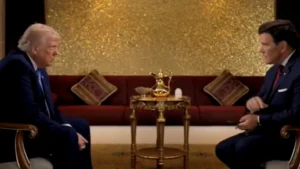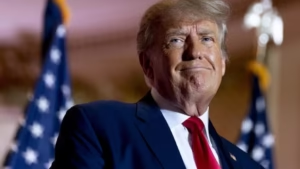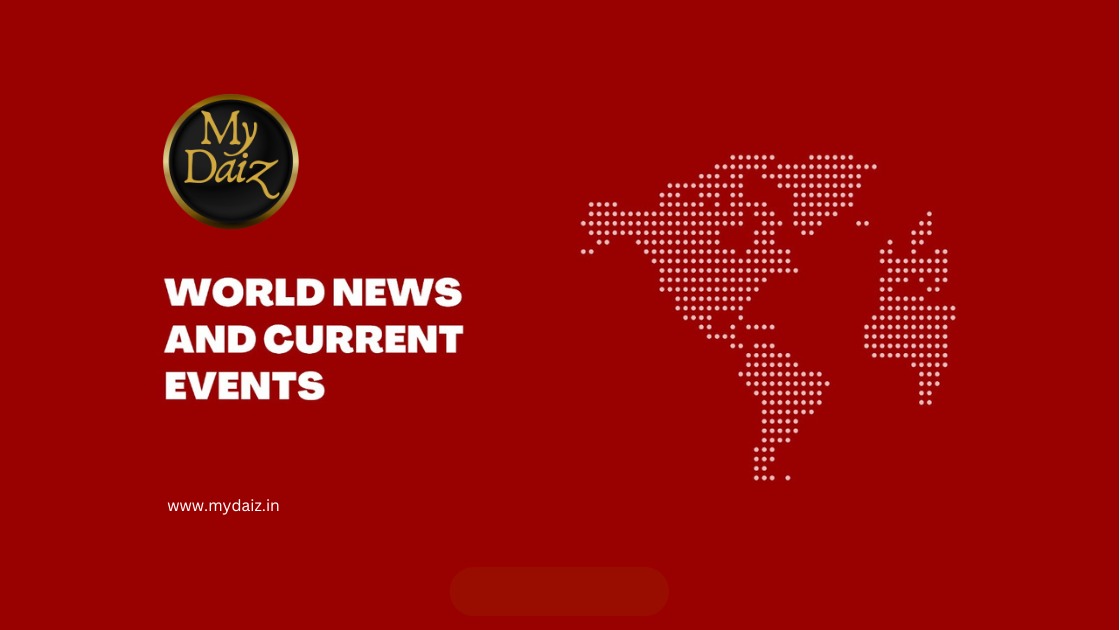25 Nov. 2025
Donald Trump is eager to secure a peace agreement in Ukraine, but Kyiv—while equally desperate for an end to the war—refuses to accept terms that resemble capitulation.
So when Washington began pressing Ukraine to approve a deal by Thanksgiving, one that appeared heavily tilted toward Russia’s demands, Kyiv firmly resisted. Senior Ukrainian officials rushed to Geneva, where on Sunday they were seen moving between meeting locations in dark-windowed limousines. US and Ukrainian negotiators were joined by security advisers from Germany, France, and the UK.

Ukraine’s chief negotiator, Andriy Yermak, appeared grim during the talks—unsurprising given that the initial proposal was viewed as so pro-Moscow that US Secretary of State Marco Rubio had to deny it was drafted by the Kremlin. Still, Trump had warned Ukraine to sign quickly or face uncertain consequences, forcing Kyiv to engage.
Late Sunday, Rubio announced that “tremendous progress” had been made, with only a “couple of points” unresolved. A joint US–Ukraine statement confirmed that negotiators were now working from a completely reworked document—an “updated and revised framework”.
Though the new draft has not been released, Ukraine’s deputy foreign minister Sergiy Kyslytsya told the Financial Times it contains 19 points and retains very little from the earlier proposal. The revisions likely include European recommendations reported by Reuters, which are far more acceptable to Kyiv.
In that European version, an automatic ban on Ukraine ever joining Nato is removed, as is a limit on the size of Ukraine’s military. Western troops still cannot be permanently stationed in Ukraine, but the proposal stops short of imposing a total prohibition.

Crucially, it avoids handing over additional territory in Donbas without conditions. Instead, Kyiv would seek to reclaim occupied areas solely through diplomacy—something President Zelensky has previously endorsed. A blanket amnesty for war crimes has also been eliminated.
Most importantly, the document refers to security guarantees. Leaders including UK Prime Minister Sir Keir Starmer have suggested Ukraine could receive protections similar to Nato’s Article 5—obligating the US to defend it in the event of another Russian invasion. For Kyiv, such guarantees are non-negotiable.
Germany’s Chancellor Friedrich Merz says the new version is “significantly improved”. How it transformed so quickly—from a Russia-friendly draft to one that Ukraine might eventually accept—remains unclear, particularly given the influence of Trump’s envoy Steve Witkoff, who earlier echoed Kremlin talking points after meeting Vladimir Putin.
Still, Trump has shifted tone: after accusing Ukraine of showing “zero gratitude,” he now says “something good” may be on the horizon.
But how good, and for whom, remains uncertain. There is no indication Russia intends to stop fighting unless compelled. Analysts like Tatiana Stanovaya from the Carnegie Russia Eurasia Center argue Putin feels confident: corruption scandals and political instability in Kyiv, problems with mobilisation, and recent Russian military gains all bolster his stance.
Some observers believe Trump’s push for a quick deal has revived diplomatic efforts. Ukrainians under constant attack certainly long for peace.
Yet, despite the frantic diplomatic activity, the core reality appears unchanged. As Stanovaya puts it, Russia’s message remains: “These are our terms. Accept them, and we stop the war. Reject them, and we’ll wait until you do.”






